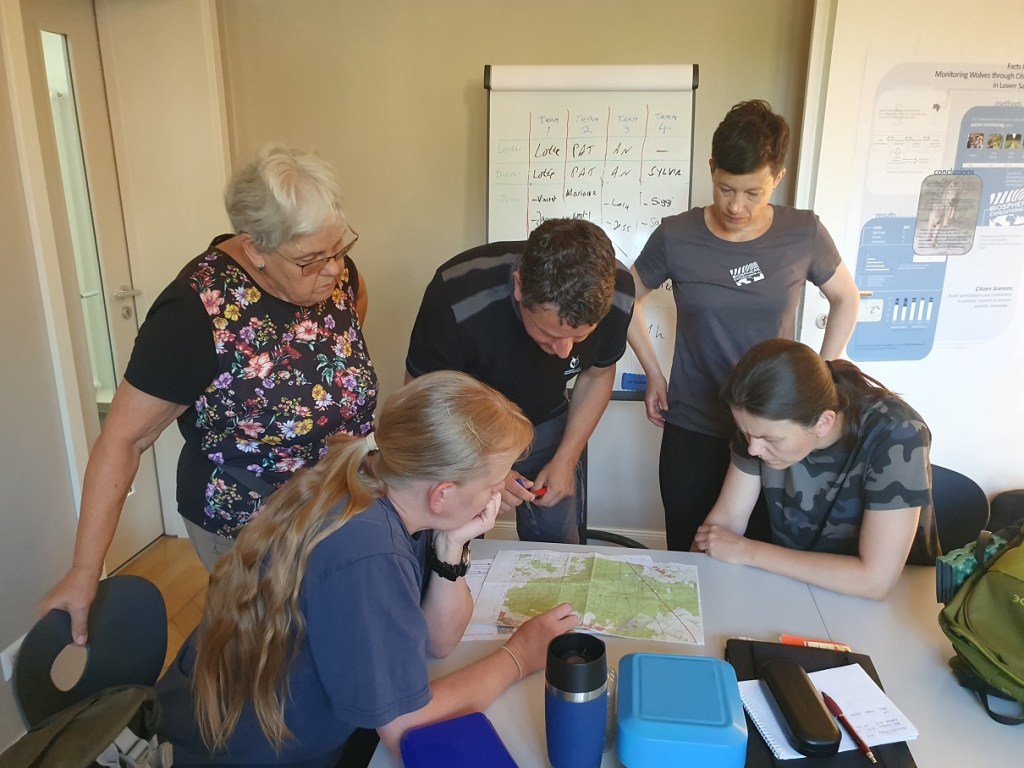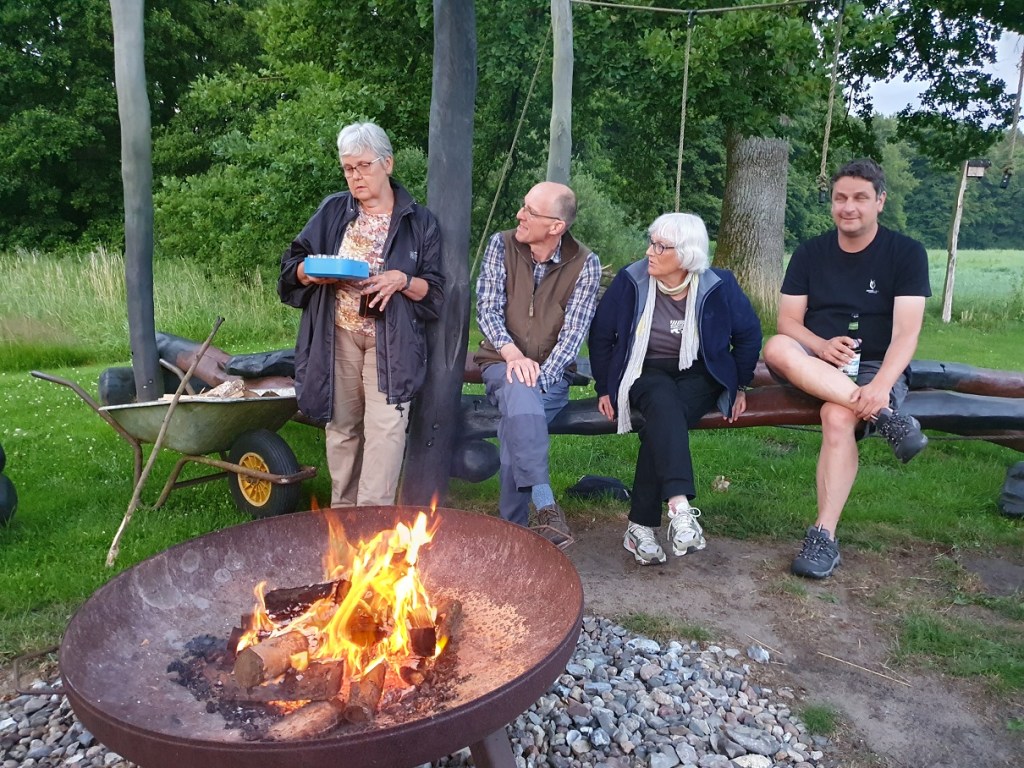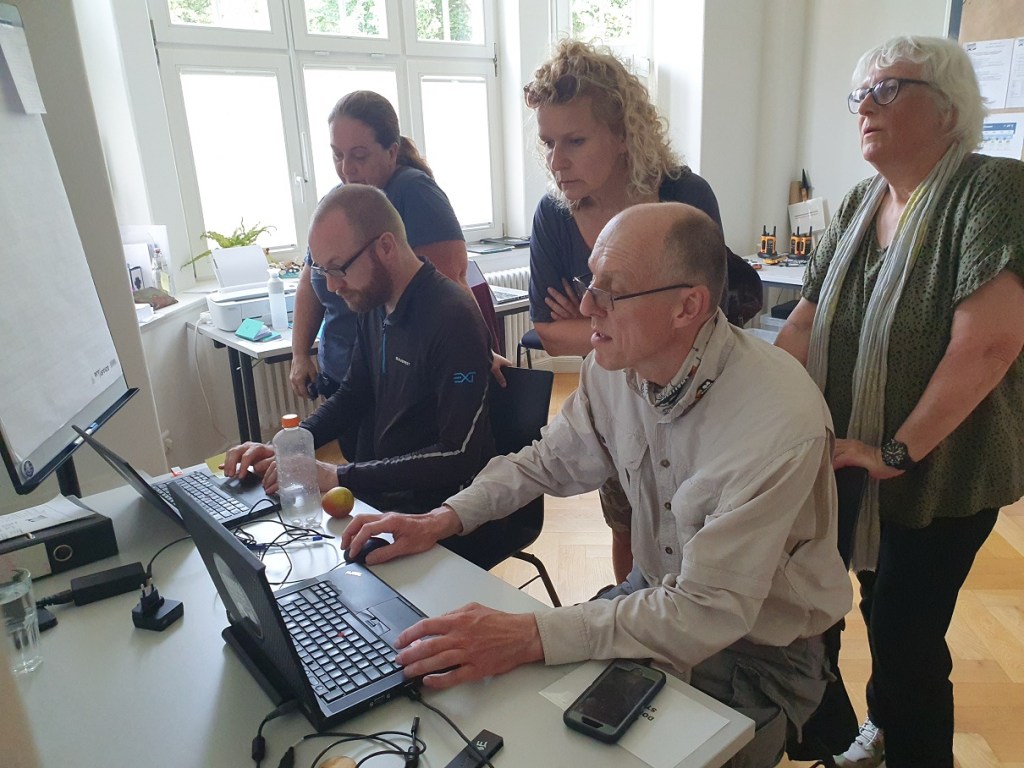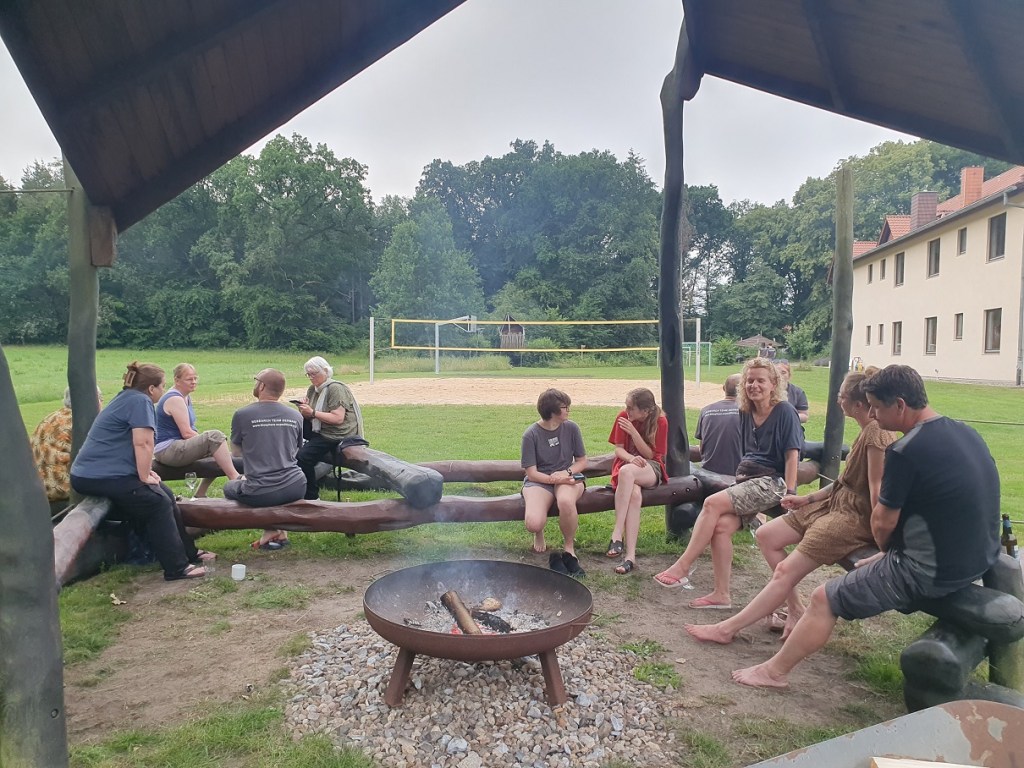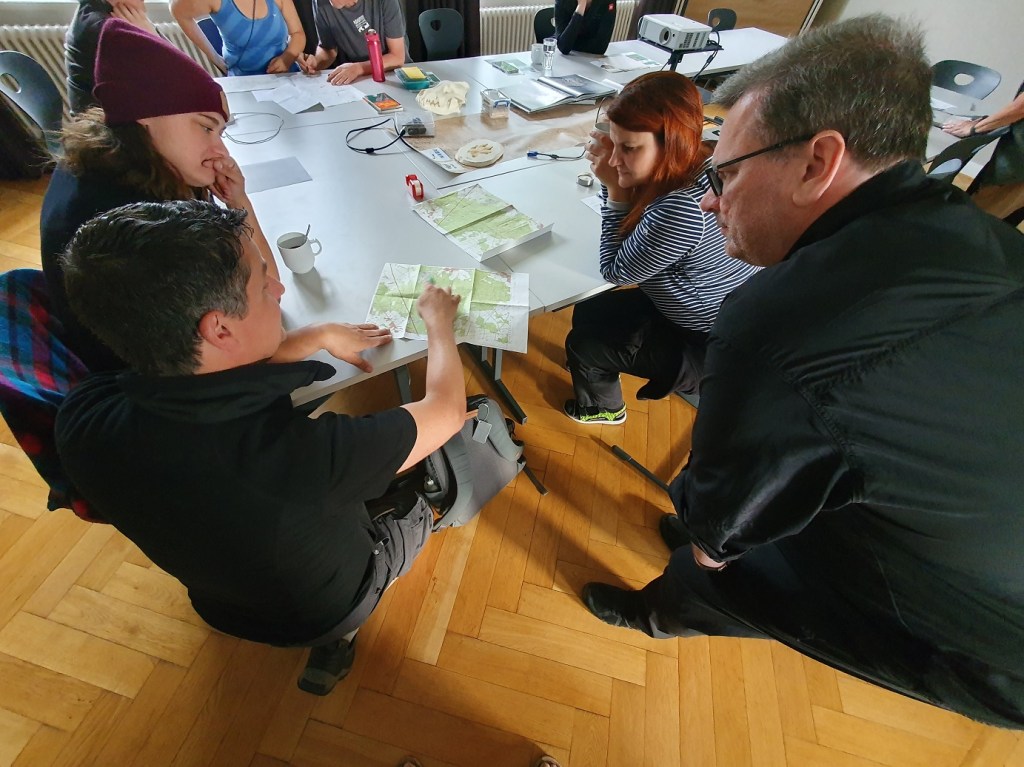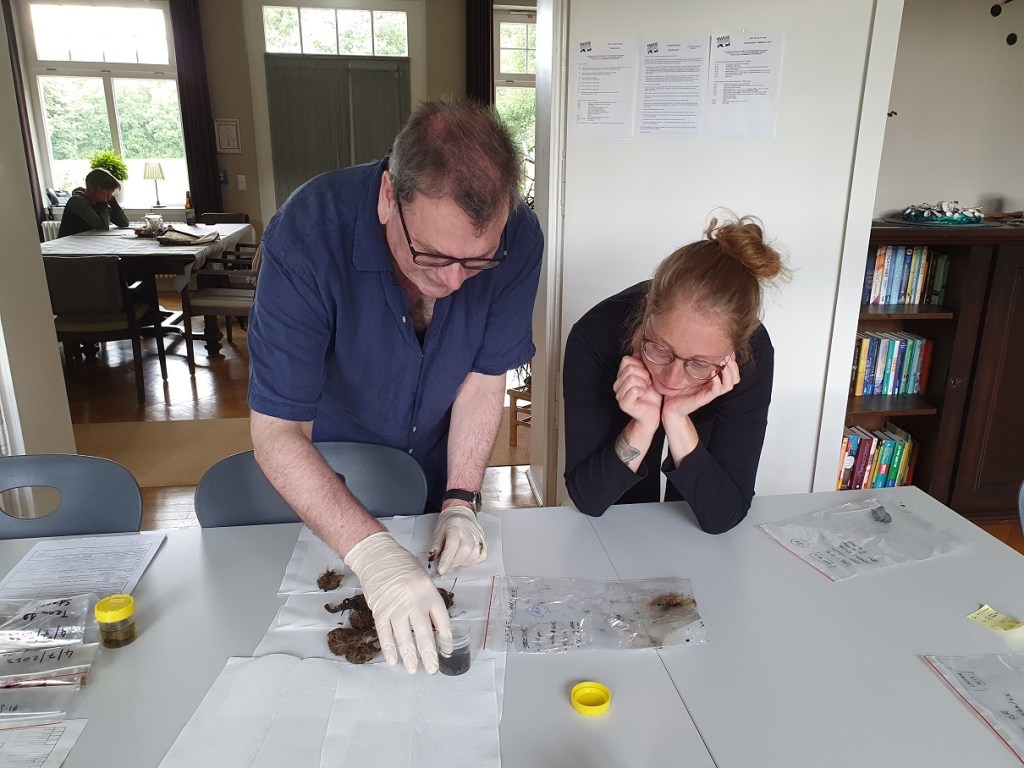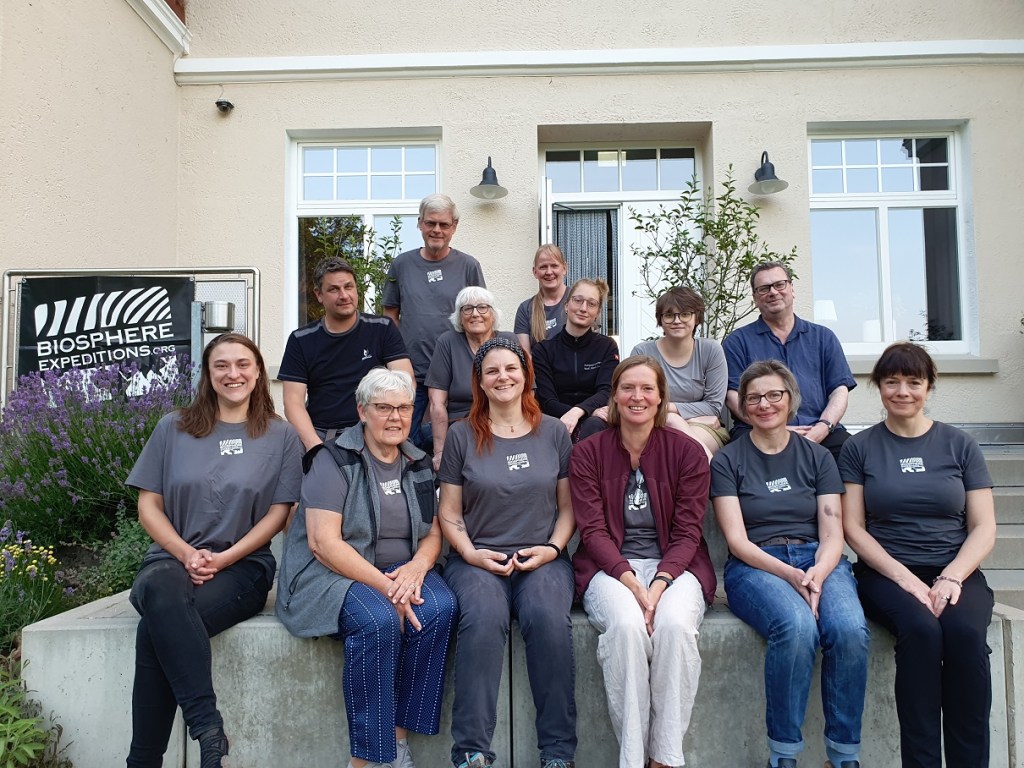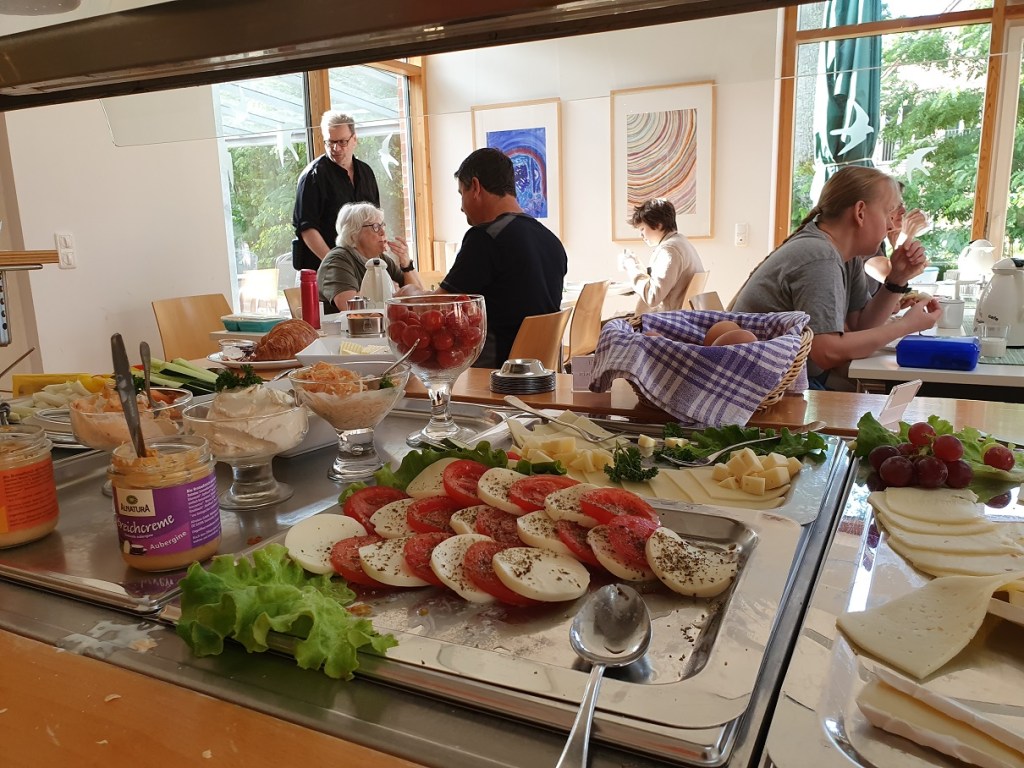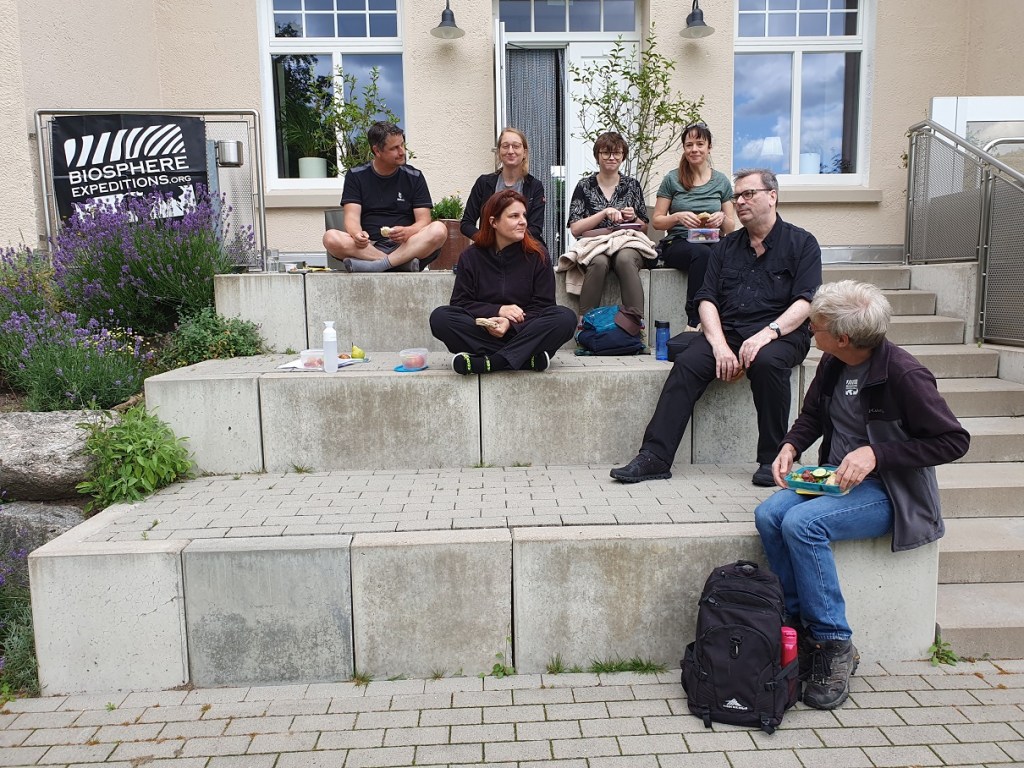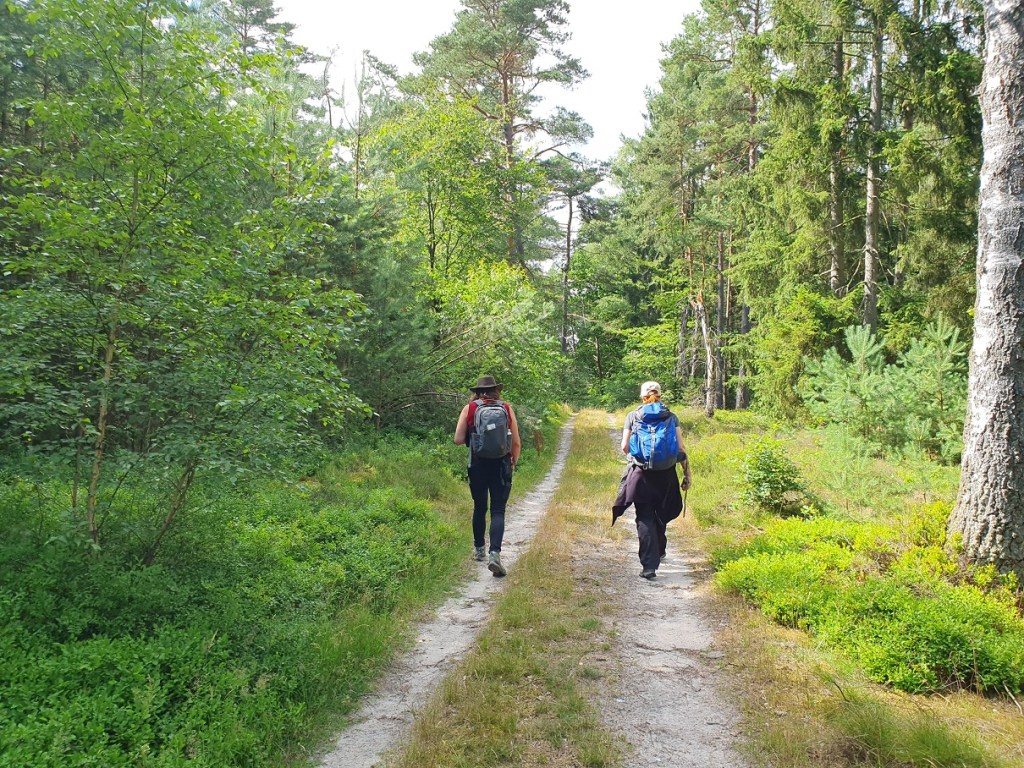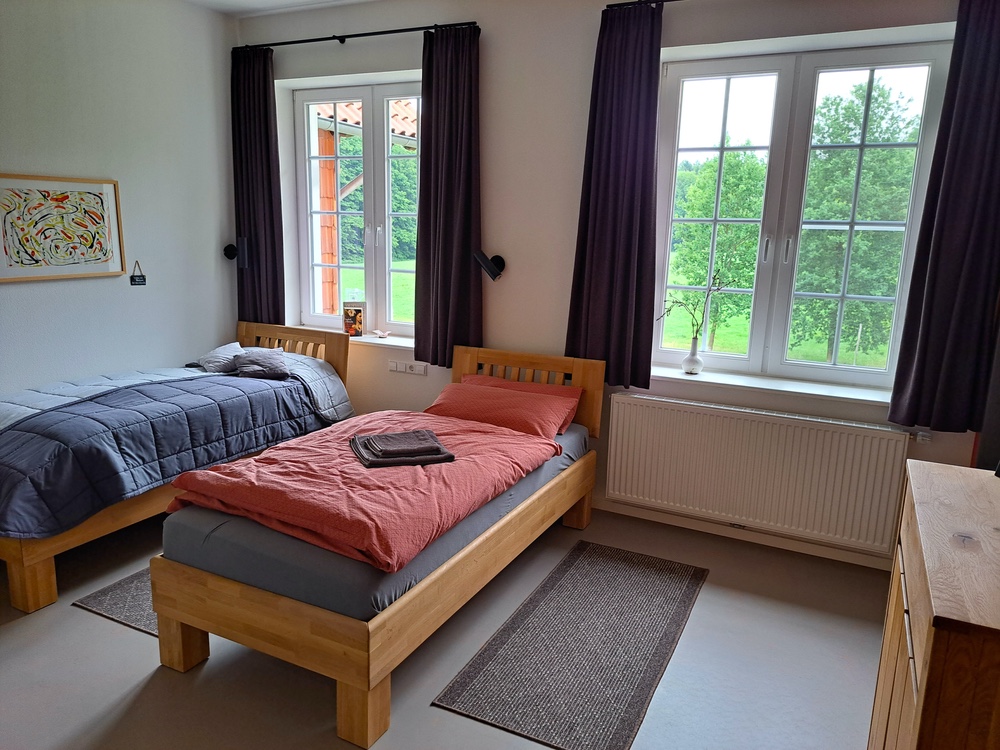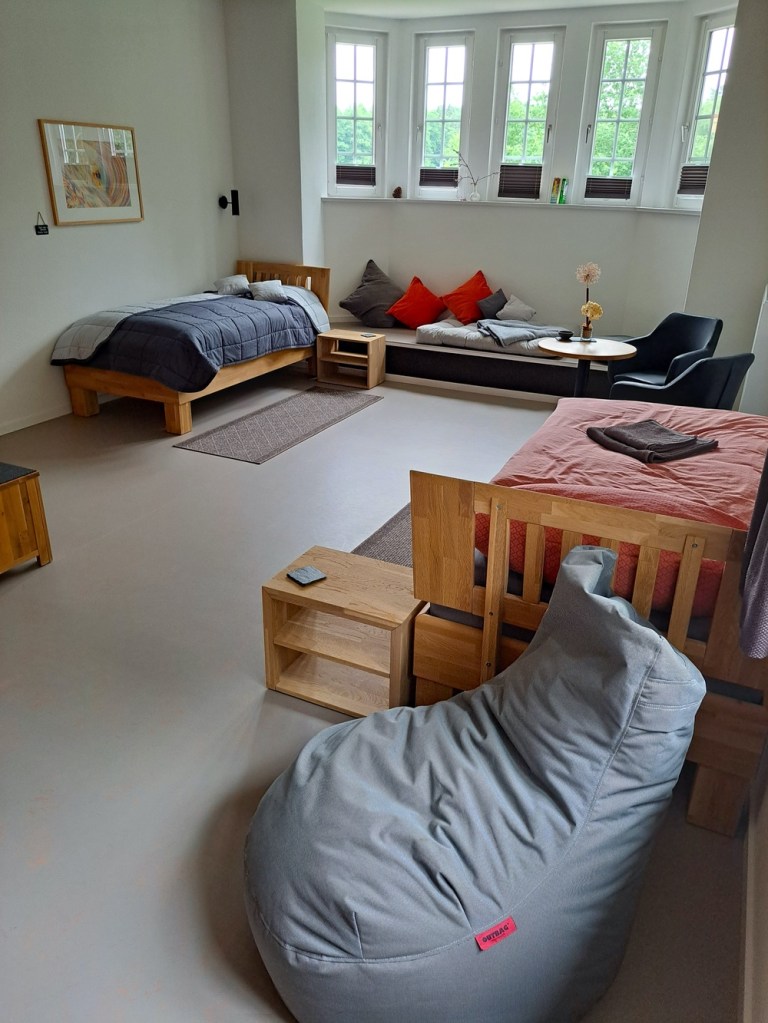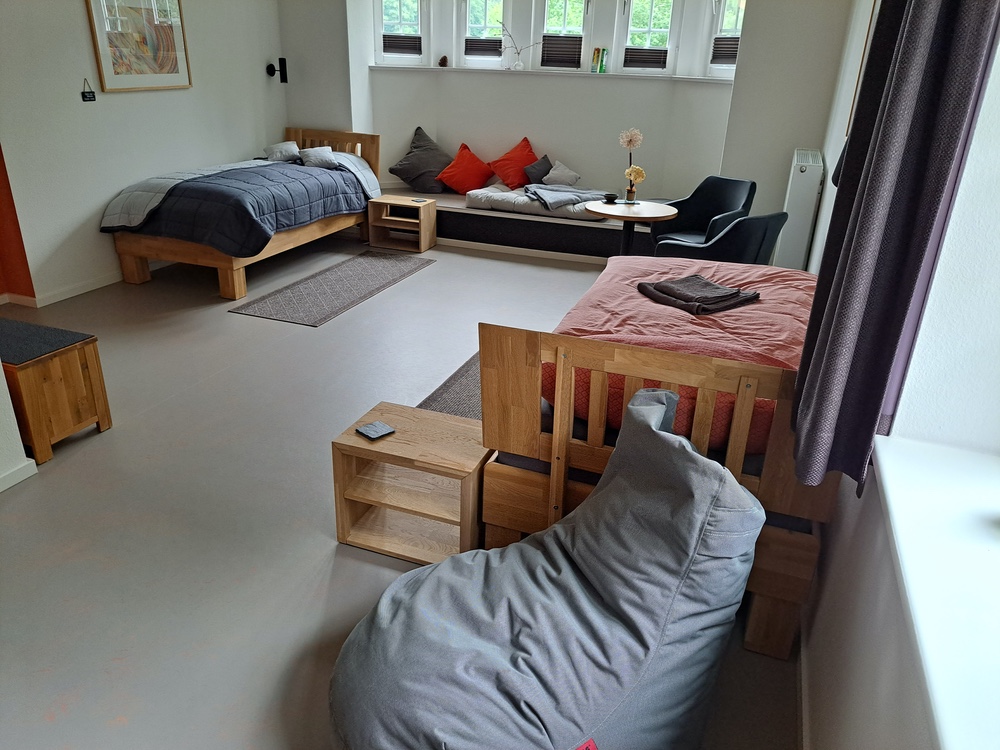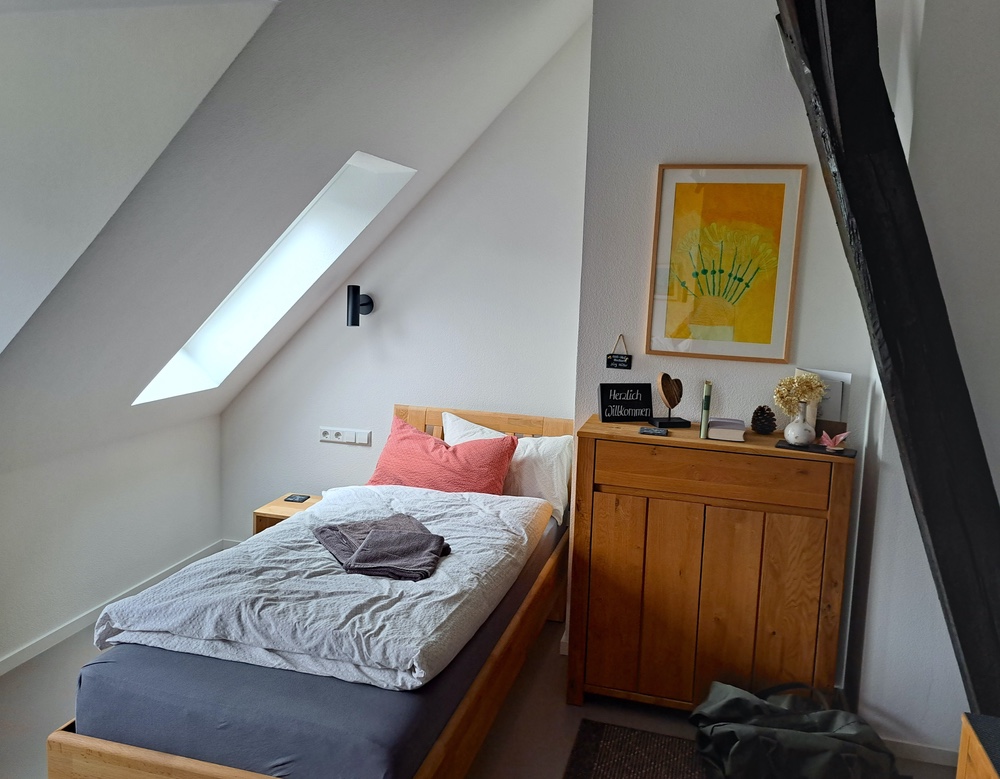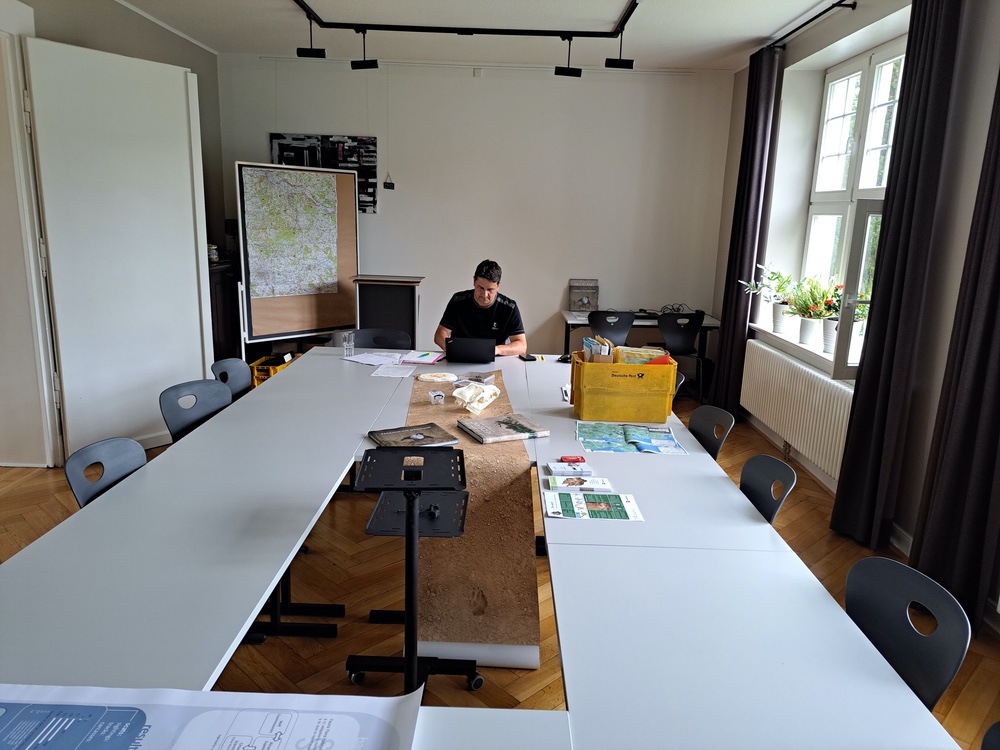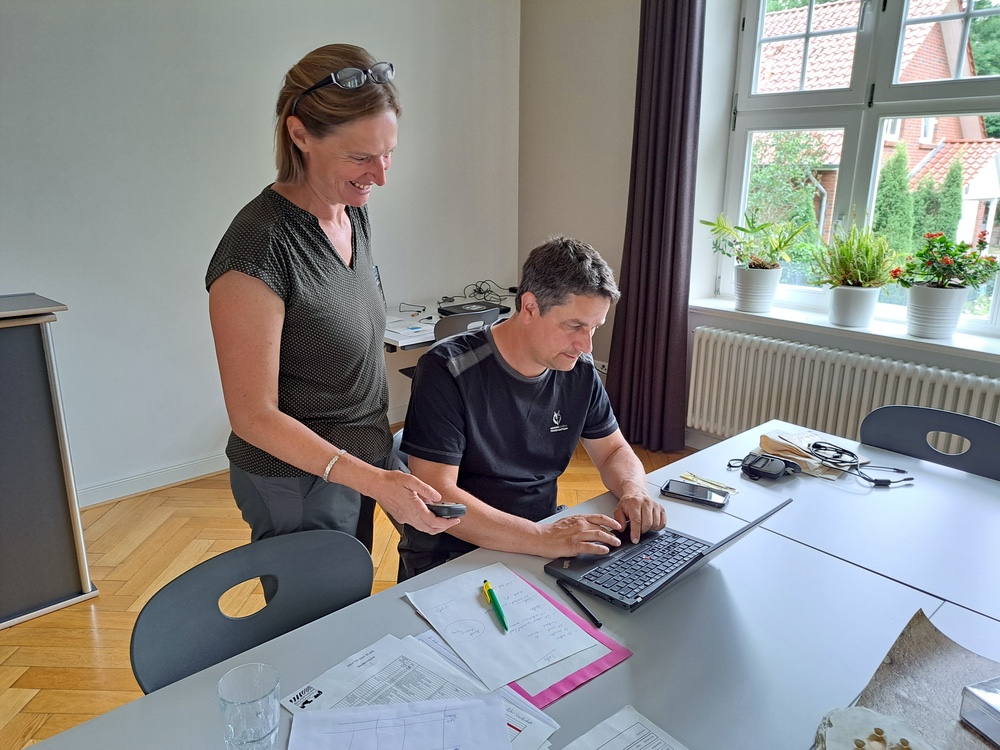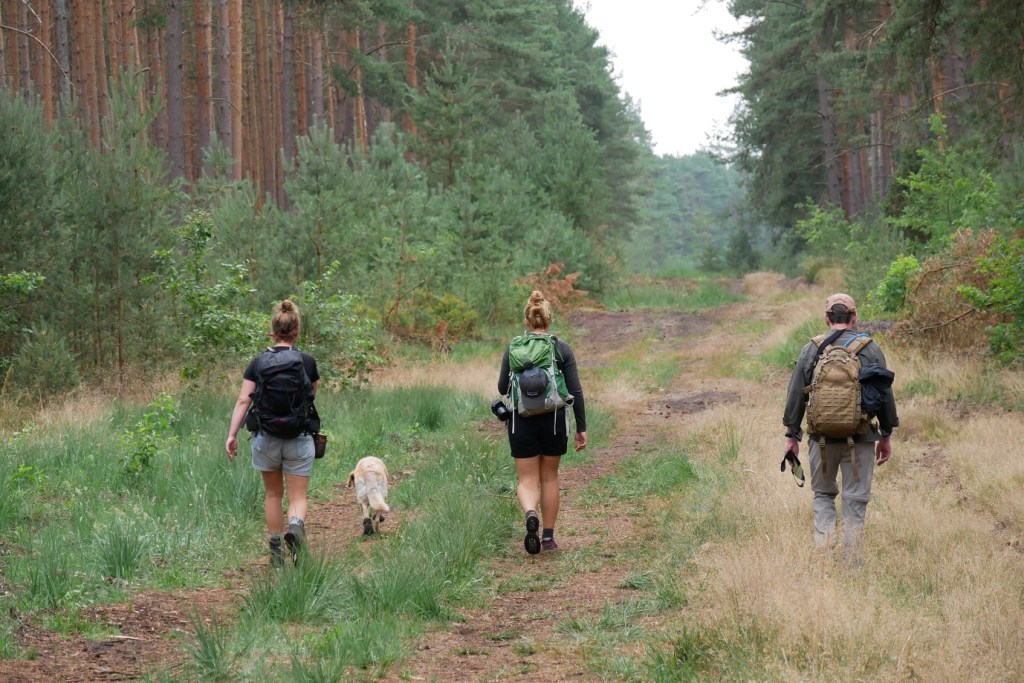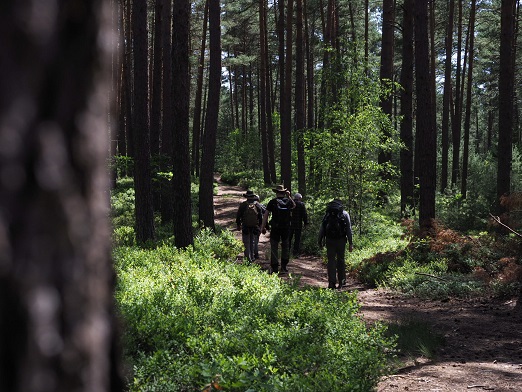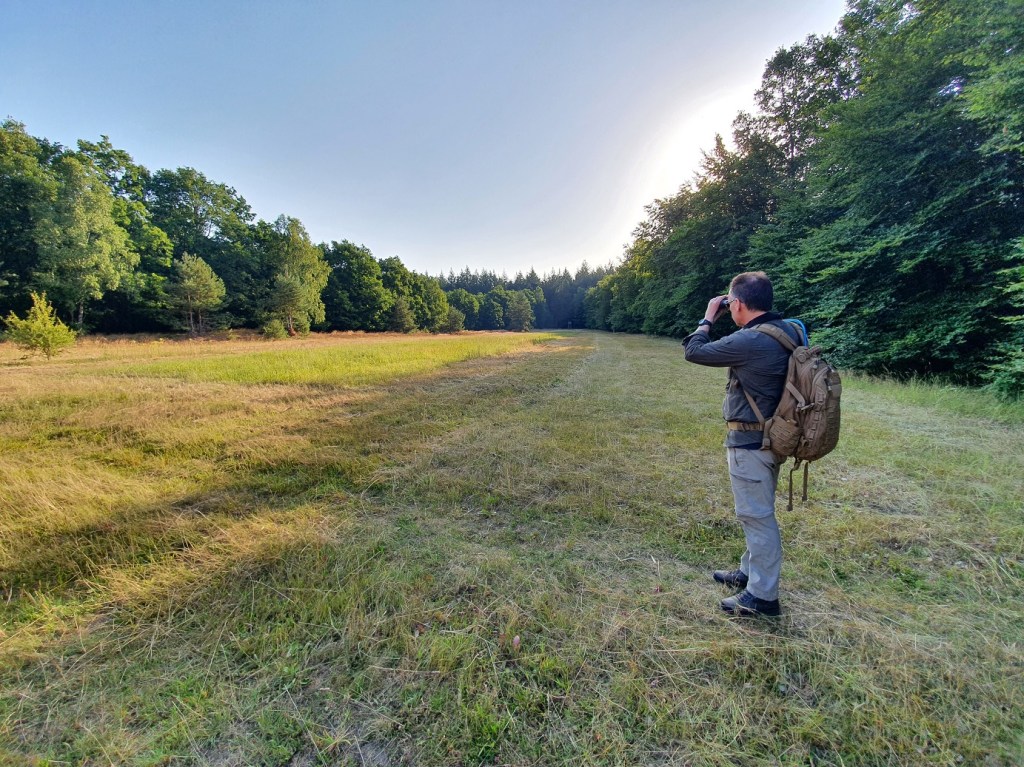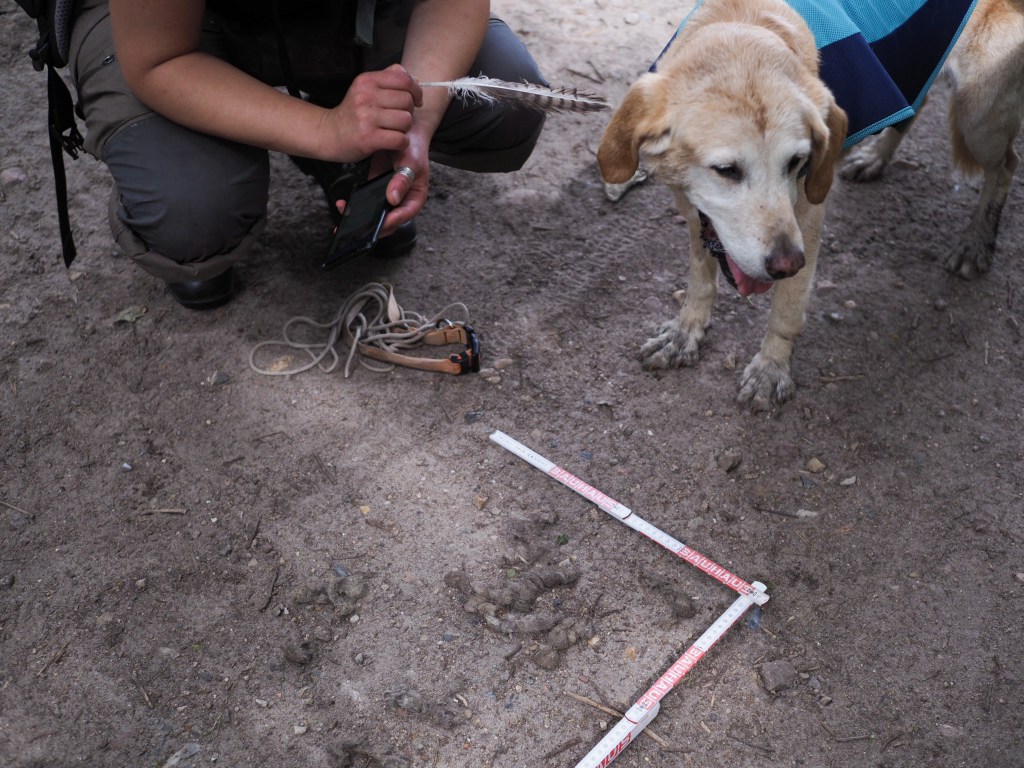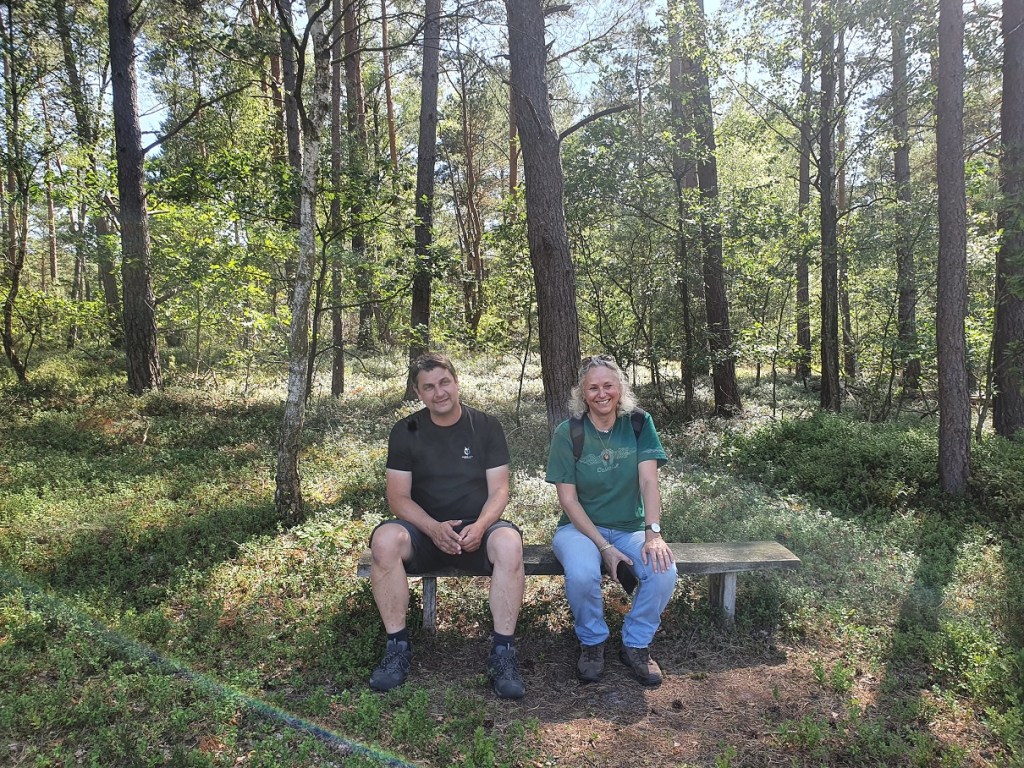Update from our Germany wolf volunteer project
Our second team of expeditioners completed their wolf surveys on Thursday with a thunderstorm. As days went by, everyone managed to perfect their navigational skills. No easy task when the printed map, GPS and reality do not always match. The teams enjoyed walking across different wolf habitats, ranging from pine forests, through heath areas, over sand dunes and deciduous forests. It is a special feeling to walk in a large carnivore’s footprints while documenting evidence on their presence and ecology on what we call wolf highways.
This team’s effort, patience and dedication paid off resulting in a wealth of valuable data, confirming the importance of citizen science to add to monitoring efforts – or in many cases being the only source of monitoring data:
Over two groups and weeks, we walked nearly 800 km in 8 wolf territories, resulting in a total of 217 documented scats of which 155 were frozen for dietary and 15 suitable for DNA analysis. Especially with the fresh samples, it is quite thrilling to realise that less than 24 hours ago, this top predator was in the same spot as you were. Even if we do not easily get to see the wolves, we wonder whether they might be looking at us from within their forest hideaways.
This Friday we said farewell to our second and last group of the year. I am sure we will all miss the acrobatic flights of the swift colony around our base, the evenings sharing field experiences and laughs. You were a wonderful team, we wish you safe travels and thank you for your dedication. A special thank you also to Susanne and Jannis of Naturcampus for hosting us and the canteen team of SOS Bockum for the vegetarian food to keep us going. We thank everyone for making this expedition a great success and we hope to see you again in the future.



